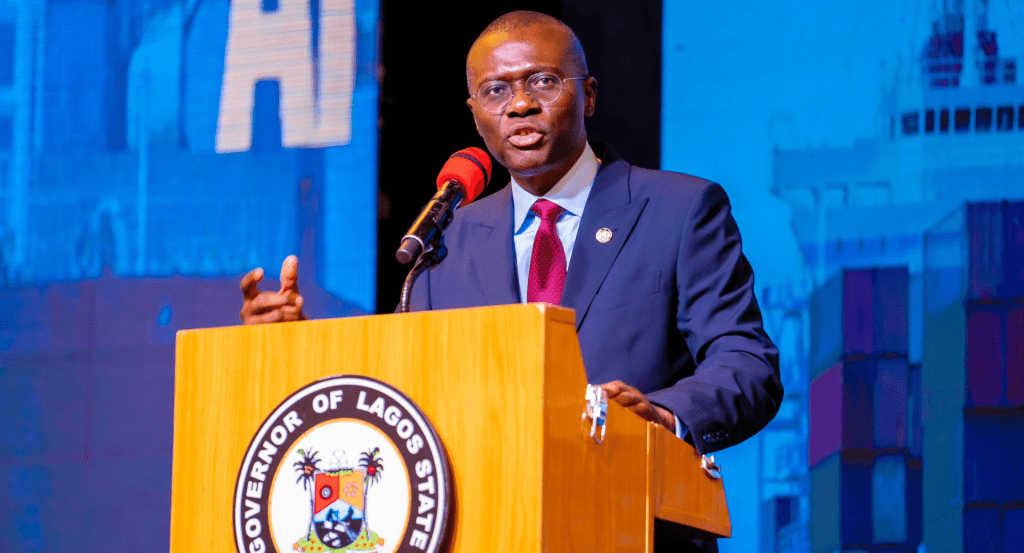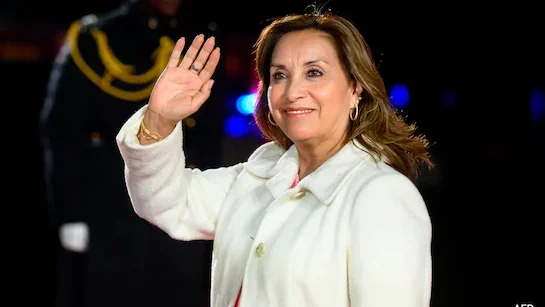Lagos State has officially secured its place as Africa’s second-largest economy, with a Lagos GDP of $259 billion based on purchasing power parity (PPP). This was revealed at the launch of the Lagos Economic Development Update (LEDU) 2025. The new data confirms that Lagos ranks just behind Cairo, Egypt, in terms of city economies on the continent.
Lagos GDP Growth and Economic Performance
In the first half of 2024, the Lagos GDP surged to N27.38 trillion, a significant rise from N19.65 trillion in 2023. This expansion highlights the resilience of Nigeria’s commercial hub amid ongoing economic reforms and infrastructural investments. However, the state’s tax-to-GDP ratio remains low at 2.3%, emphasizing the need for improved revenue collection strategies.
2025 Budget Projections and Economic Outlook
The Lagos State government has outlined ambitious plans for economic expansion in 2025. Key projections include:
- GDP Growth: The Lagos GDP is expected to grow from N54.77 trillion in 2024 to N66.47 trillion in 2025, with real growth between 5.02% and 6.49%.
- Sectoral Expansion: The service sector will continue to lead, supported by growth in agriculture and industrial production.
- Inflation Forecast: Headline inflation is estimated at 34.2%, while food inflation is projected at 34.9%.
- Revenue Expectations: The government aims to generate N2.79 trillion in revenue, emphasizing fiscal discipline and diversification.
SEE ALSO: Kwankwaso Urges Critics to Acknowledge Tinubu’s Achievements as Economy and Security Improve
Investment Opportunities and Economic Implications
Lagos remains an attractive destination for investors seeking opportunities in infrastructure, technology, real estate, and manufacturing. However, economic challenges such as inflation, exchange rate fluctuations, and infrastructure gaps must be addressed to sustain long-term growth.
Nigeria’s GDP Rebase and Its Impact on Lagos
The National Bureau of Statistics (NBS) is set to rebase Nigeria’s GDP, shifting the base year from 2010 to 2019. This update will capture new economic activities, including:
- Digital Economy: E-commerce, fintech, and online services.
- Emerging Sectors: Modular refineries, pension fund administrators, and quarrying.
- Social Programs: National Health Insurance Scheme (NHIS) and Nigerian Social Insurance Trust Fund (NSITF).
With these updates, the Lagos GDP may experience further recalibration, solidifying its position as a major economic force in Africa.























